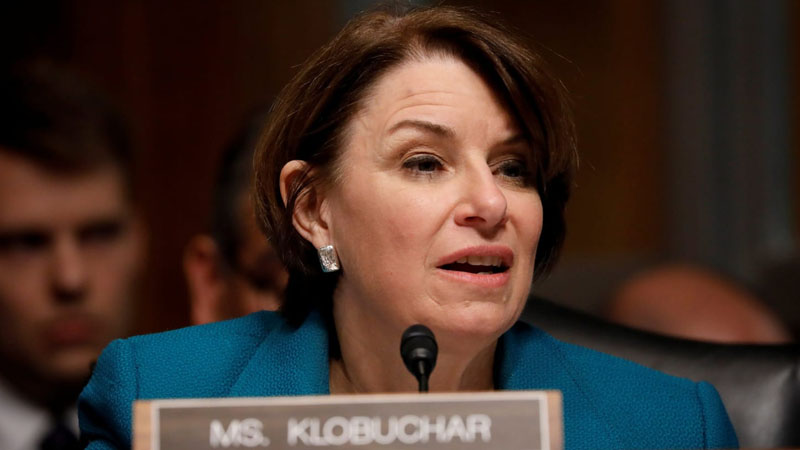Tulsi Gabbard’s Snowden Stance Raises Concerns in Contentious Confirmation Hearing

Anna Moneymaker / Getty
WASHINGTON—Former Hawaii Rep. Tulsi Gabbard, President Donald Trump’s nominee for Director of National Intelligence, faced tough scrutiny from both parties during her confirmation hearing Thursday, particularly over her past support for NSA whistleblower Edward Snowden. One Republican senator admitted her response left him with “a lot of questions.”
Senators on the Intelligence Committee pressed Gabbard on her 2013 efforts to secure a pardon for Snowden, who leaked classified government surveillance programs before fleeing to Russia. Sen. James Lankford (R-OK) directly challenged Gabbard on her position. “Was he a traitor when he took America’s secret and then ran to China and became a Russian citizen?” Lankford asked.
Gabbard avoided a direct answer, instead repeating a line from her opening statement. “He broke the law,” she said. She refused to clarify whether she still supported Snowden or condoned his actions. Her reluctance to explicitly condemn Snowden drew concern from both Republicans and Democrats on the committee.
Gabbard also appeared to defend Snowden’s disclosures, stating that he “exposed egregious, illegal, and unconstitutional programs that are happening within our government.” Andrew Desiderio, a senior congressional reporter at Punchbowl News, asked Lankford about Gabbard’s refusal to call Snowden a traitor.
“Kinda surprised. I thought that was gonna be an easy softball question,” Lankford admitted. When asked whether her answer could jeopardize her confirmation, he responded, “I think there are a lot of questions after it, yeah.”

Snowden’s actions led to the theft of 1.5 million classified files, including 900,000 Department of Defense documents, compromising vital U.S. intelligence capabilities. Former NSA and National Intelligence Director Michael McConnell previously described the breach as a devastating loss.
“An entire generation of intelligence was lost,” McConnell said. National security officials also warned that Snowden’s leaks likely gave Russia access to U.S. intelligence methodologies, allowing adversaries to alter their communication tactics and evade surveillance.
Matthew Olsen, then-director of the National Counterterrorism Center, explained the dangerous ripple effect at the time. “What we’ve seen in the last six to eight months is an awareness by these groups of our ability to monitor communications and specific instances where they’ve changed the ways in which they communicate to avoid” detection, Olsen said.
“It certainly puts us at risk of missing something that we are trying to see, which could lead to … an attack.” As Gabbard’s nomination moves forward, her stance on Snowden remains a point of contention, with senators weighing whether her views align with the responsibility of leading the nation’s intelligence community.


